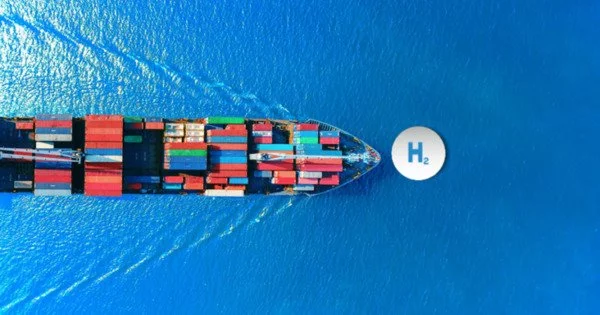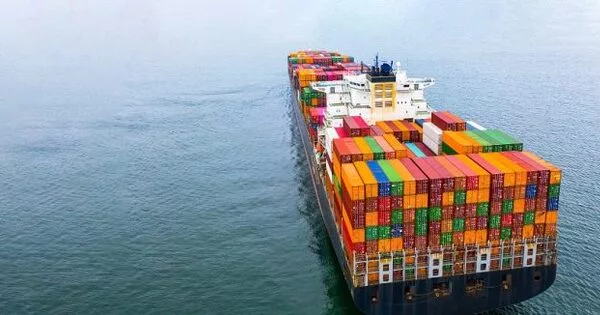Hydrogen is regarded as a promising clean energy carrier, and efforts to develop hydrogen-based technologies for maritime applications are ongoing. Hydrogen can be created using a variety of methods, including electrolysis with renewable energy sources. The use of hydrogen fuel cells in ships is being investigated as a means of providing zero-emission power to vessels.
According to new research on public attitudes toward alternative shipping fuels, biofuel and hydrogen are popular. The study also discovered that nuclear was preferred over heavy fuel oil (HFO), which is currently used in the global shipping industry, despite the fact that both were perceived negatively. Ammonia received the least amount of public support.
Public supports hydrogen and biofuels to decarbonise global shipping
- Nuclear preferred to heavy fuel oil (HFO), but the UK public thinks it’s too risky
- Liquid natural gas likely to be regarded as a positive transitional step
- Ammonia elicits strong negative responses from the UK public
New research into public attitudes towards alternative shipping fuels shows public backing for biofuel and hydrogen.
Switching to fuels with the potential to reduce GHG emissions on the scale needed to address the climate crisis has huge implications for the shipping industry.
Professor Damon Teagle
The University of Southampton study also discovered that nuclear was preferable to the heavy fuel oil (HFO) currently used in the global shipping industry, despite the fact that both were perceived negatively. Ammonia received the least amount of public support.
Global shipping accounts for 80 to 90 percent of global trade and approximately 3 percent of global greenhouse gas (GHG) emissions. 230 industry leaders pledged in 2021 to achieve net-zero GHG emissions by 2050.
The new study, published in Environment, Development, and Sustainability, is the first to assess public attitudes toward various fuels that could be critical in decarbonizing the global shipping industry.
“Switching to fuels with the potential to reduce GHG emissions on the scale needed to address the climate crisis has huge implications for the shipping industry,” says co-author of the paper Professor Damon Teagle, Director of the Southampton Marine and Maritime Institute at the University of Southampton.

“Because of the significant investment and new infrastructure required, industry stakeholders are wary of taking the wrong path.” When planning for this transition, policymakers and industry leaders must consult with the public and ensure their voices are heard.”
To investigate public perceptions and support for alternative shipping fuels, the researchers conducted in-depth interviews and a survey of nearly a thousand people in the United Kingdom. The most popular options were biofuel and hydrogen. Biofuel was thought to be low risk, whereas hydrogen was thought to have few negative byproducts. Liquid natural gas (LNG) received lukewarm support and elicited little public reaction, with the strongest association centered on its current availability.
Nuclear was perceived more positively than HFO, but it was still viewed negatively overall because people perceived it to be risky. “If there was an oil spill, it would be terrible,” one interviewee said. However, a nuclear spill would be a disaster.”
Despite some techno-economic assessments suggesting that ammonia is the most balanced carbon-free fuel alternative for shipping, public perception in the UK was strongly negative. In interviews, ammonia was described as “dangerous” and “toxic” because it was unproven and risky. Surprisingly, residents of port cities were slightly more supportive of using alternative shipping fuels in general.
“Our research shows that there is public support for the research, development, and implementation of alternative shipping fuels over incumbent fossil fuels, with biofuel and hydrogen being preferred solutions,” says lead author Daniel Carlisle of Massey University in New Zealand. “LNG also seems likely to be regarded as a positive transitional solution.”
“Of course, public opinion is neither homogeneous nor static. However, the disparity between public perceptions of ammonia and those of scientists and industry leaders demonstrates that public concerns must be considered alongside technological and economic assessments.”





